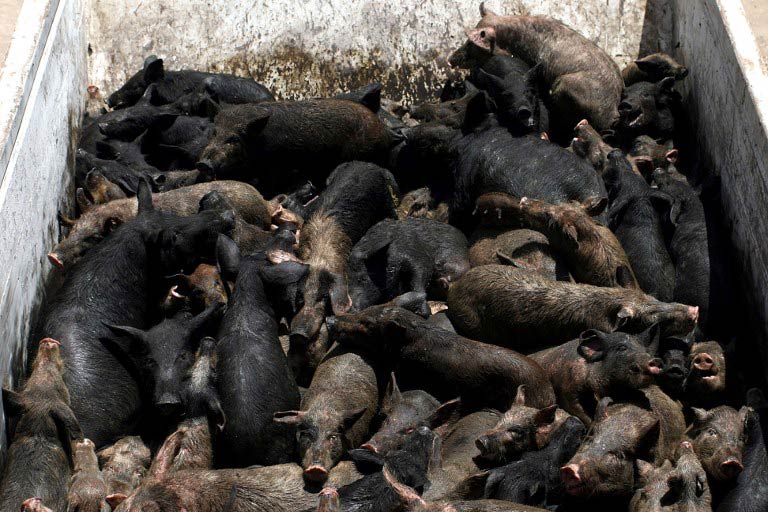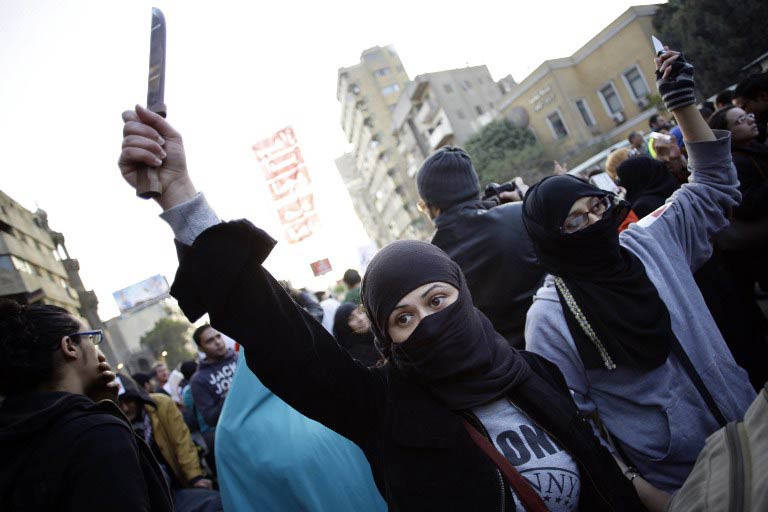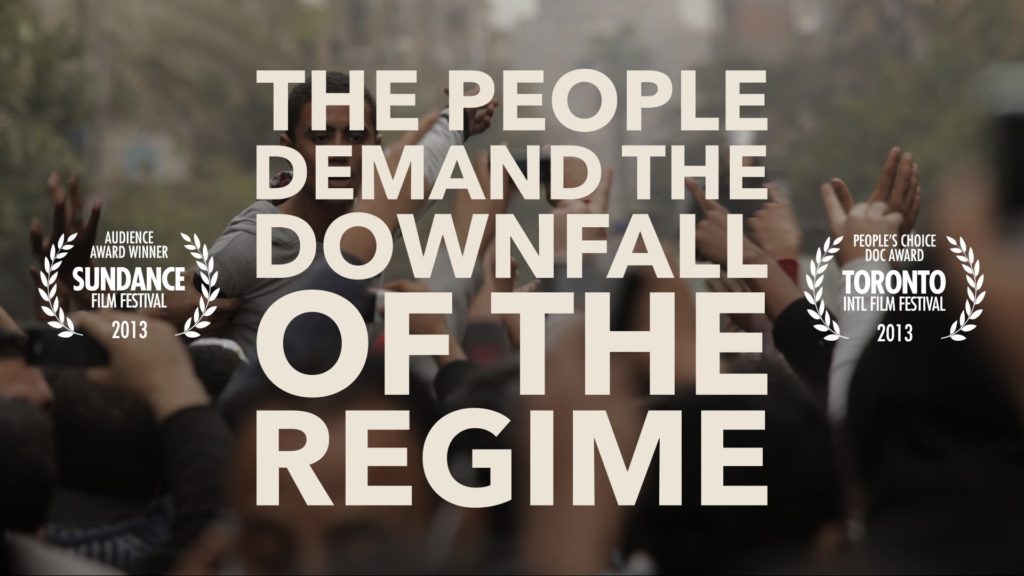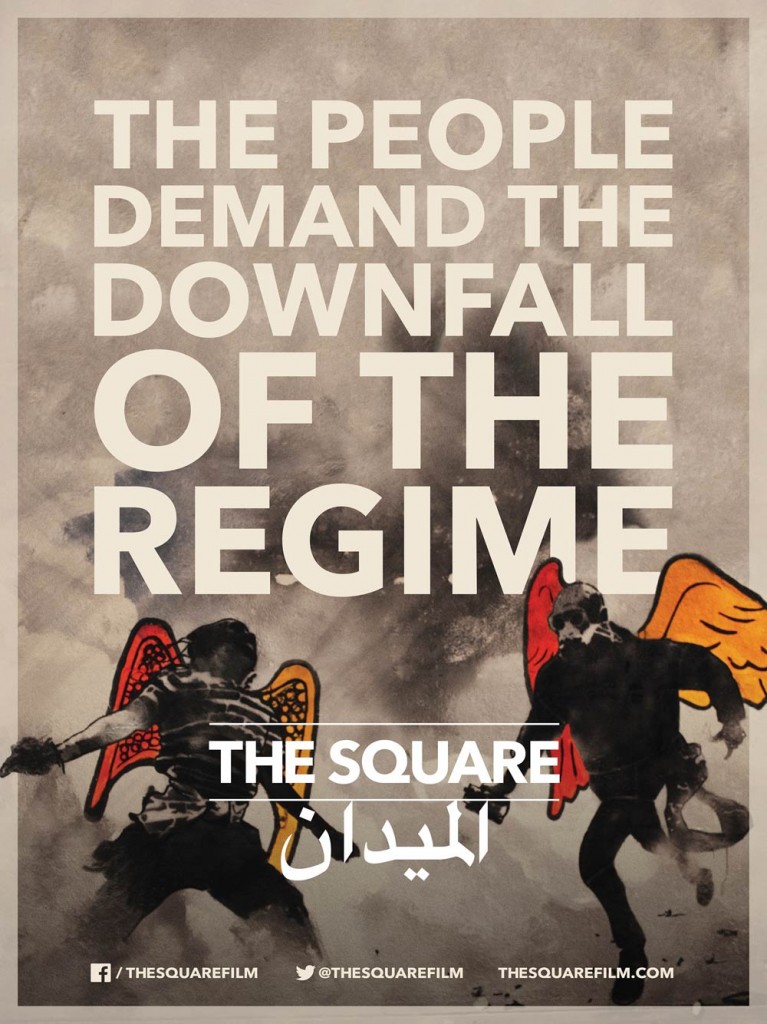Stroll through Egypt’s capital and you can count on hearing two kinds of music. The first has been around for decades: the rich, sedate voice of Egypt’s favourite diva, Umm Kulthum. The second is a more recent phenomenon. A raucous mishmash of auto-tuned rap and pounding drums, this is mahraganat – Egypt’s latest musical genre.
The rise of mahraganat – which translates from the Arabic as “festivals” – has been as relentless as its drumbeats. Its stars have millions of YouTube hits, have appeared at European festivals and at sprawling street weddings, and recently hosted British grime and dubstep DJs for a week of collaboration.
“It’s the ultimate thing in music,” boasts Diesel, AKA 24-year-old Mohamed Saber, one of mahraganat’s most innovative artists. “Everyone listens to it – even those who criticise us.”
Diesel’s words hint at a vexed relationship with some Egyptian listeners. Popular though it is, mahraganat’s roots within Egypt’s underclass mean its artists strive for wider acceptance and a place within Egypt’s formal music industry. Things are changing, butmahraganat musicians often record their music at home, rely on peer-to-peer distribution via the internet or flash drives, and are rarely played on mainstream radio or television. “May God end my life,” winced a representative of Egypt’s musicians’ union after listening to mahraganat last year.
The genre first emerged in 2008 in Madinet al-Salam, or Salam City, a rundown district on the fringes of northern Cairo. Its pioneers began to mess around with drumbeats on basic mixing programs such as FruityLoops – downloaded for free online – and recorded simple auto-tuned vocals. Then some of them began to play their frenetic creations at sprawling street weddings and carnivals – hence its name – and a genre was born.

“People were shocked when it came on,” recalls Sadat – AKA al-Sadat Abdelaziz, 27, one of mahraganat’s trailblazers and probably its biggest star. “But [our] subjects and issues went straight to people – and that’s why it got bigger.”
According to Mahmoud Refaat, the founder of one of Egypt’s most influential contemporary music studios, mahraganat’s lyrical appeal lay in its honesty. Unlike schmaltzy Egyptian music from the 60s and 70s – or the pop artists of the 80s and 90s who “just sang about love and hair” – mahraganat was the first genre to properly deal with issues affecting the poorest Egyptians.
“It’s the very first time, for as long as I’ve heard Egyptian music, that I can say there is truly music for the people – [music] that actually expresses the reality of young people,” says Refaat. “The way these musicians were thinking is very radical and very minimal. They had no shame of dealing with their struggle, using their dialect that they and their friends and the community had developed. And that made it very new.”
British DJs who visited Cairo in March to collaborate with mahraganat artists compared the sound to London’s grime – for both musical and social reasons. “It’s a bit quicker in tempo – grime is about 140 beats-per-minute, and this is around 150bpm or 160bpm – but it’s got the same energy,” says London DJ Faze Miyake, who visited Cairo with the British Council.
Mahraganat stayed largely in Salam City and the surrounding suburbs until 2011, when the overthrow of Hosni Mubarak brought its artists greater exposure. Sadat released a series of songs over the internet that dealt directly with politics. Tracks such as The People and the Government and The People Demand Five Pounds of Phone-Credit (a riff on a revolutionary chant) gave him and his colleagues a prominence far beyond their hometown.
But mahraganat artists resent the oft-made suggestion that theirs is a genre born of the revolution. They started making music long before Mubarak fell. And though their lyrics are often political, Sadat says they feel cut adrift from a national tug-of-war that often ignores the basic needs of struggling communities such as theirs.
“Journalists think everything is related to the revolution. This music has been going on for a while,” says Sadat. “Not all the Egyptians are part of the revolution – the slum areas until now are not interested in anything other than eating. If these masses started to move, it would get messy.”
But for Noov Senarye, who manages a number of mahraganat stars, including Sadat, the more liberal environment created by the 2011 uprising did expose them to bigger and wider audiences. Senarye’s involvement is a case in point. Previously a human rights lawyer, she heard their music by chance in early 2011 – and, inspired, went to Salam City that March to offer to manage them. “In the beginning,” she remembers, “they couldn’t understand why a girl from different community and [social] level came to see them.”
Three years on, most mahraganat artists’ primary source of revenue still comes from playing at sprawling street weddings – thousands crashed Sadat’s own ceremony last year just to see him perform. And they still gauge their popularity not by radio airtime, or album sales, but by how often they hear their music blasting from Cairo’s mopeds and tuk-tuks.
“I know it’s doing well when I’m in the street and I hear it everywhere,” says Diesel. “Some songs will take a week to get to their peak, very few will take more than a month and a half. If they take longer than that – then that’s it.”
But much change has been afoot. For one, says Figo, the DJ known as the movement’s godfather, the music has become more sophisticated. “When it all started the lyrics were meaningless,” says Figo, whose real name is Ahmed Farid. “But now we sing about the revolution, drugs, harassment.”
A song by Sadat that deals with Egypt’s endemic street harassment, “Catcall yes, grope no”, is a much-cited example – even if its condemnation of sexism is only partial. Meanwhile, big companies have tried to co-opt mahraganat’s popularity – with some artists recording tracks for phone, food and Viagra adverts. And as the British collaboration shows, there is a drive to inject the genre with new musical ideas – a move accelerated by younger artists such as Diesel.
“That was the main intention of the studio to work with these musicians – to formalise this as a music genre, not to look at it as wedding-party music,” says Mahmoud Refaat, the studio owner who has taken some mahraganat artists under his wing. But as this evolution gathers pace, some are wary of selling out, of abandoning their roots for international influences. “People like this music as it is. The change and development of this music should be about the way we sing – not to change the core of the genre,” says Sadat. “It’s about what you sing for the people, it’s not about what you sell to the people.”








